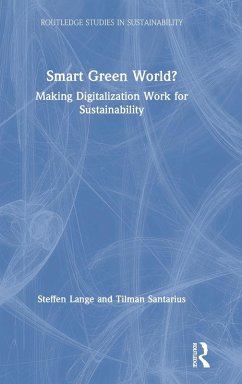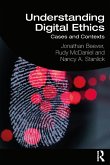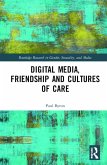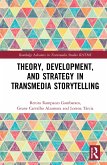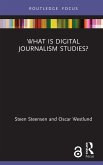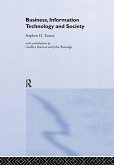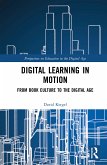In this book, Steffen Lange and Tilman Santarius investigate how digitalization influences environmental and social sustainability. The information revolution is currently changing the daily lives of billions of people worldwide. At the same time, the current economic model and consumerist lifestyle needs to be radically transformed if society is to overcome the challenges humanity is facing on a finite planet. Can the much-discussed disruption potential of digitalization be harnessed for this purpose? Smart Green World? provides guiding principles for a sustainable digital society and develops numerous hands-on proposals for how digitalization can be shaped to become a driving force for social transformation. For instance, the authors explain why more digitalization is needed to realize the transition towards 100% renewable energy and show how this can be achieved without sacrificing privacy. They analyze how the information revolution can transform consumption patterns, mobility habits and industry structures - instead of fostering the consumption of unneeded stuff due to personalized commercials and the acceleration of life. The authors reveal how Artificial Intelligence and the Industrial Internet of Things pose novel environmental challenges and contribute to a polarization of income; but they also demonstrate how the internet can be restored to its status as a commons, with users taking priority and society at large reaping the benefits of technological change in a most democratic way. Providing a comprehensive and practical assessment of both social and environmental opportunities and challenges of digitalization, Smart Green World? Making Digitalization Work for Sustainability will be of great interest to all those studying the complex interrelationship of the twenty-first-century megatrends of digitalization and decarbonization.
Hinweis: Dieser Artikel kann nur an eine deutsche Lieferadresse ausgeliefert werden.
Hinweis: Dieser Artikel kann nur an eine deutsche Lieferadresse ausgeliefert werden.

